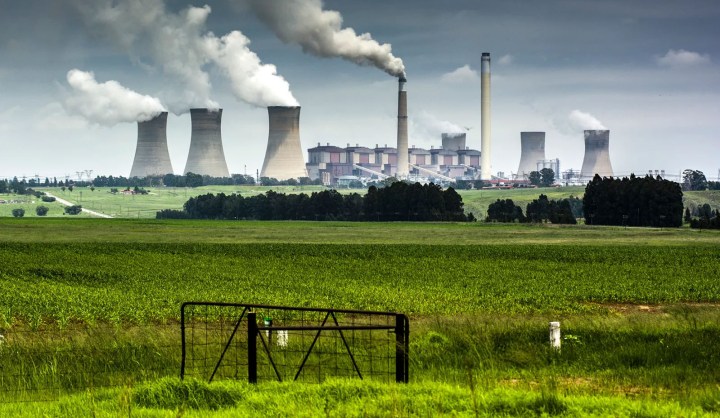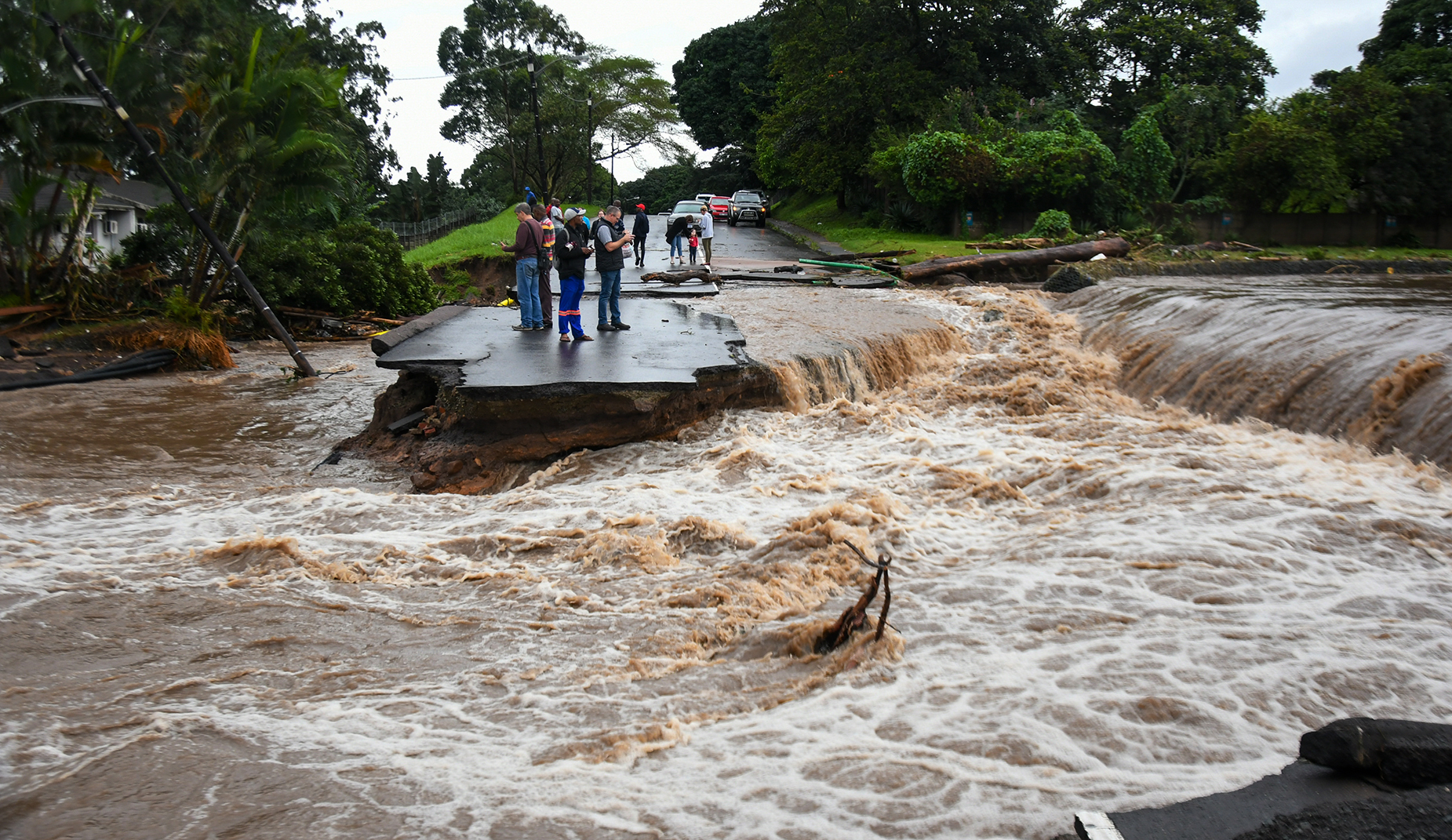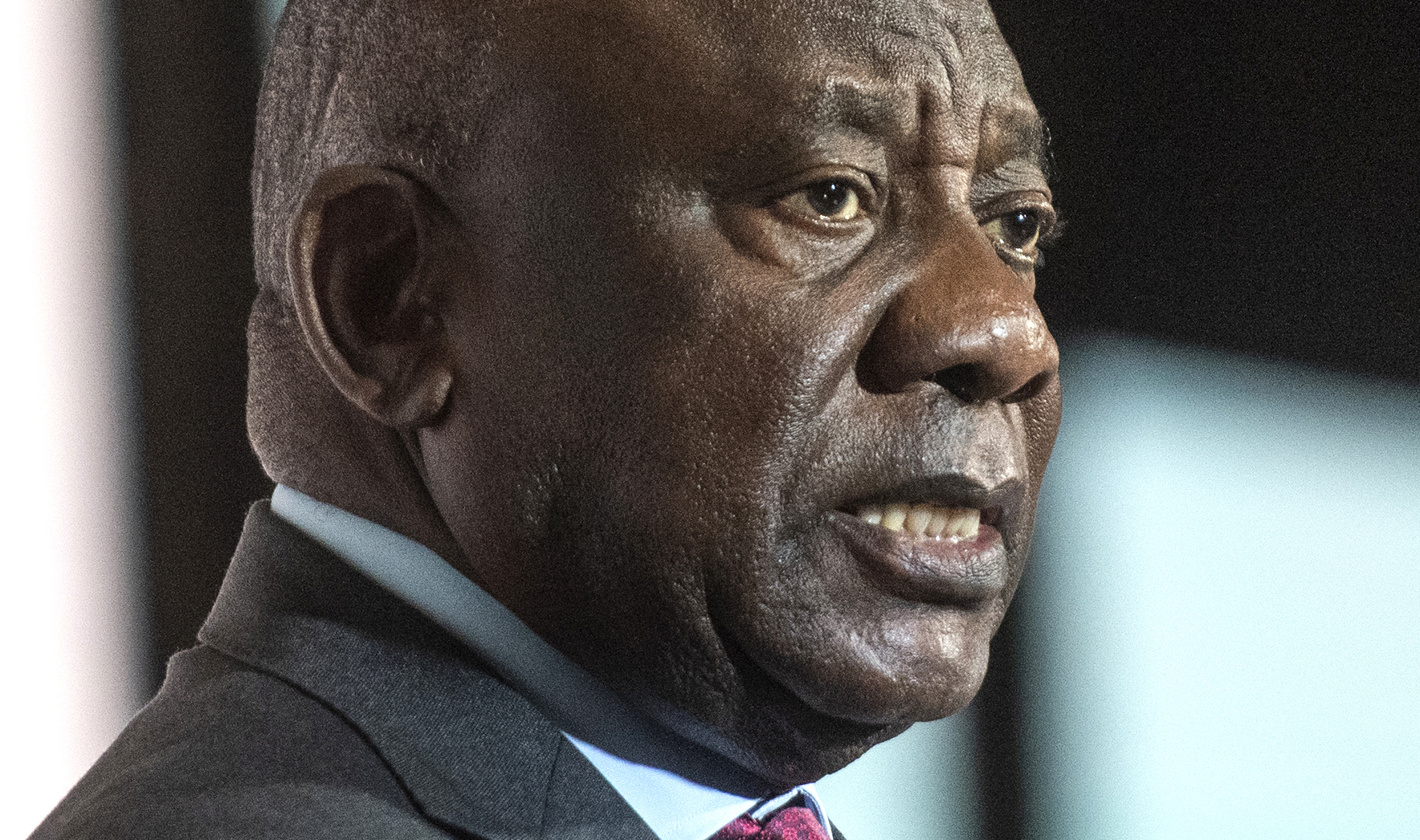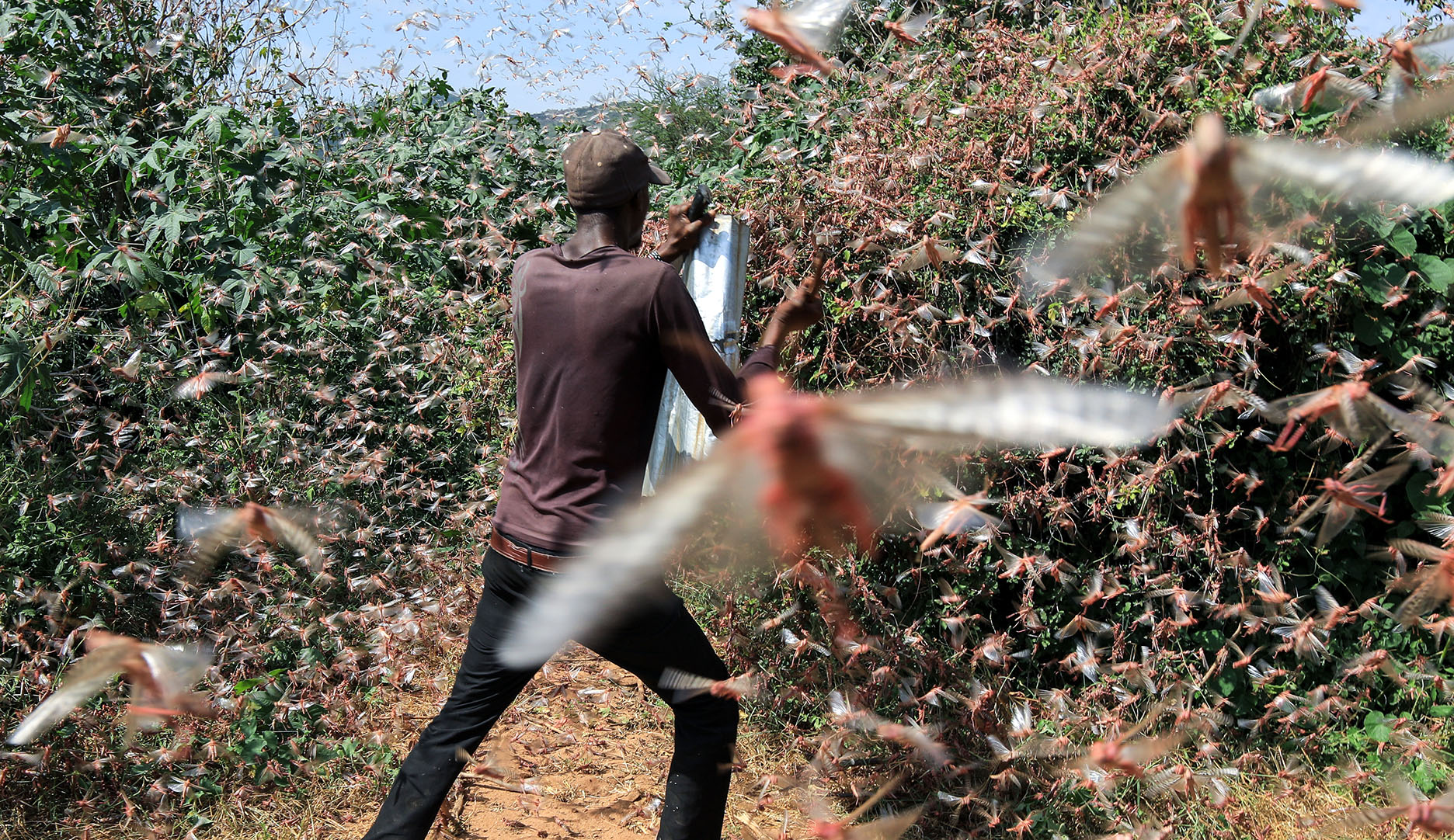CLIMATE CHANGE AND DEVELOPMENT IN AFRICA PART 7
How SA can help other African countries to achieve climate-resilient development goals

Individually, most African countries lack the financial, technical and human capacities needed to fully implement a green energy transition. This calls for a collective commitment and greater regional collaboration and policy coordination across the continent to strengthen the speed and effectiveness of such a strategic shift to increase energy access and enhance contributions to climate change mitigation among African countries. South Africa has a leading role to play in this.
There is evidence that extreme weather events in South Africa are increasing. For example, according to media reports the flood that swept Durban and other coastal parts of the province in the second week of April 2022 left more than 440 people dead, more than 40,000 displaced; 630 schools damaged alone with 23 hospitals and 34 clinics.
The Sixth International Panel on Climate Change Synthesis Report, released in March 2023, states that Africa has contributed among the least to greenhouse gas emissions, yet she has suffered the most widespread loss and damage attributable to climate change, including biodiversity loss, water shortages, reduced food production, loss of lives and reduced economic growth.

Part of Caversham road in Pinetown was washed away on 12 April, 2022 in Durban, South Africa. Persistent heavy rain in parts of KwaZulu-Natal resulted in widespread flooding, collapsing roads and death. (Photo: Gallo Images / Darren Stewart)
President Ramaphosa (speaking at the Committee of African Heads of State and Government on Climate Change, in February 2022) stated that climate change impacts are costing African economies between 3 and 5 per cent of their GDPs and that they had a right to obtain support in the form of finance, technology and capacity building for their transition to a low carbon economy and society. South Africa should play a leadership role on the African continent to build cooperation and regional strategies to strengthen renewable energy infrastructure and green industrial value chains, adaptation and resilience.

President Cyril Ramaphosa. (Photo: Gallo Images / Brenton Geach)
Individually, most African countries lack the financial, technical and human capacities needed to fully implement a green energy transition. This calls for a collective commitment and greater regional collaboration and policy coordination across the continent to strengthen the speed and effectiveness of such a strategic shift to increase energy access and enhance contributions to climate change mitigation among African countries.
African countries should implement the African Continental Free Trade Area (AfCFTA) in a manner that ensures that regional integration facilitates adaptation to climate-resilient agriculture; and supports investments in cross-border infrastructure and transformative industrialisation.
Three ways to advance a low carbon economy
There are at least three ways in which South Africa could work with its neighbours to advance a transition to a low-carbon world economy.
First, South Africa and its neighbours should collaborate in building regional climate-resilient infrastructure, in climate-smart agriculture and water resources to facilitate adaptation of African countries to climate change.
Second, the larger African countries should lead the process of building regional renewable energy infrastructure. The continent is home to 60% of the global population without access to electricity. The lack of modern energy services drives overdependence on biomass fuels — mainly firewood and charcoal for cooking — which drives deforestation and environmental degradation, particularly indoor air pollution with adverse health impacts, especially for women and young children.
This process should be accompanied by identifying components in the renewable energy technologies and infrastructure that could be manufactured in Africa. A ‘just transition’ to renewables, particularly for those countries, such as South Africa that require to shift away from coal and other fossil fuel-based energy, would need to provide adjustment support for workers and communities.
Third, African countries should maintain the momentum on advancing an ambitious process of building regional value chains in priority sectors, such as
i) cotton, textiles and apparel;
ii) agriculture and agro-processing;
iii) vaccines and pharmaceutical products,
iv) automotive vehicle assembly and components; and
v) the digital economy.
In each of these areas, African countries should leapfrog into new sustainable technologies required by the new trends towards a ‘sustainability shift’ that is driving consumption patterns in the main Northern markets, such as the EU and the US, and embark upon ‘Green Industrialisation’.
For example, EU and US consumers are shifting towards sustainable cotton and fibres in apparel and in autos most of the original equipment manufacturers (OEMs) have signalled that they will stop importing cars with internal combustion engines (ICEs) from 2035. Africa has the opportunity to develop its own green industries and to leapfrog and become a producer of environmental goods rather than just a consumer of products produced elsewhere.
In addition, an industrial strategy to manufacture lithium-ion technology batteries will require cooperation among mineral resource-rich countries such as the Democratic Republic of Congo (which has cobalt) and Zimbabwe (which has lithium) and South Africa (which has nickel). Partnerships across the continent are therefore essential to developing regional value chains that ensure the gains are shared across the continent.

A man uses an iron sheet to make noises, as a way of trying to disperse desert locusts that had invaded farms during the second wave invasion in Kakongo village, in Nuu-Mwingi East, in Kitui, Kenya, on 6 February, 2021. (Photo: EPA- Daniel Irungu)
Role for AfCFTA
On each of these strategic programmes, the AfCFTA could play a vital role — facilitating the negotiations between the member states and assisting them to cooperate on building cross-border continental regional energy transmission and distribution channels. A research and dialogue programme with governments, private sector investors, civil society and regulatory bodies at the national and regional level will be required to advance this process, with the AfCFTA Secretariat playing a critical coordinating role.
South Africa’s support for the AfCFTA Secretariat in building its capacity and its leadership role in advancing each of the above processes, to advance cross-border infrastructure, especially in renewable energy, and sustainable industrialisation that advances the building of regional value chains will be critical to advance Africa’s climate-resilient development goals. DM
Faizel Ismail is the Director of the Nelson Mandela School of Public Governance at the University of Cape Town and the author of three books on the World Trade Organization.
This is the seventh and final article in a series about the just transition and economic development in Africa presented by the Nelson Mandela School of Public Governance at UCT.
Read part one here: A much larger transformation in Africa — why a just transition must be complemented by climate-resilient development
Read part two here: Conflicting visions on ‘Just Transition’ to low carbon economy cloud critical climate change negotiations
Read part three here: Making the most of Africa’s critical minerals in just transition to green and renewable energy sources
Read part four here: Food systems transformation features prominently in the agenda of COP28
Read part five here: Gender mainstreaming in approaches to climate change is imperative for southern Africa
Read part six here: Global North’s green protectionism to hit Africa, Global South hard and must be rejected
















 Become an Insider
Become an Insider
Comments - Please login in order to comment.